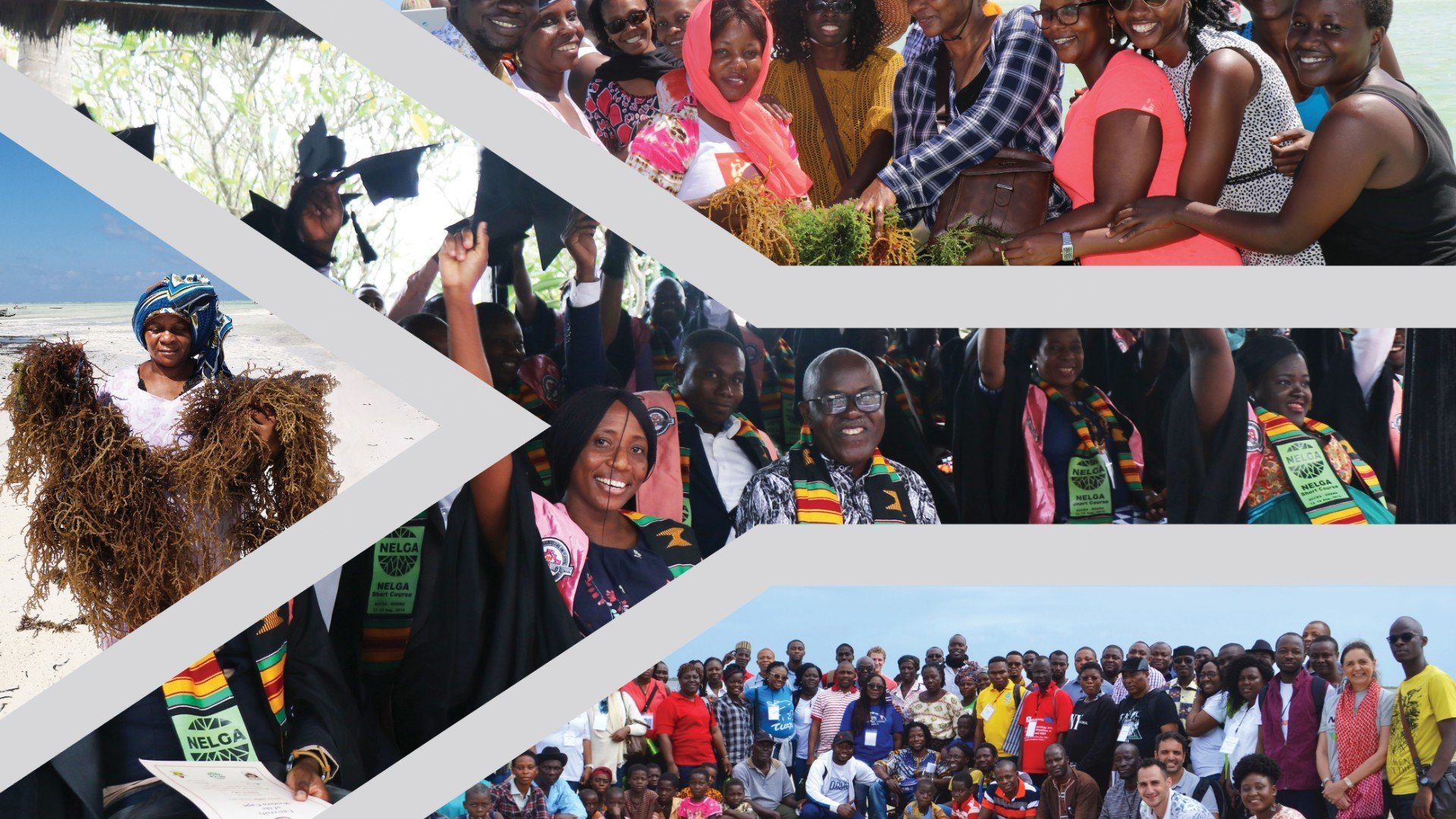CAPE TOWN, 05 May 2023. The Institute for Poverty, Land and Agrarian Studies (PLAAS) last week concluded another pan-African programme on the political economy of land governance, with 71 participants from 21 countries.
This short course is hosted by PLAAS at the University of the Western Cape (UWC) in collaboration with the African Land Policy Centre (ALPC), and is an accredited short course of UWC. PLAAS is a special node of the Network of Excellence on Land Governance in Africa (NELGA), aiming to strengthen African expertise on land governance. We have trained 260 land professionals across Africa to deal with specificities of land administration on the continent.
In keeping with the post-2020 decision to transform this into an online programme, at the end of the five-day course an online graduation was held, hosted by Professor Ruth Hall, the SARChI Chair in PLAAS, and Professor Moenieba Isaacs. The ceremony featured congratulatory remarks from Dr Medhat El-Helepi of the United Nations Economic Commission for Africa (UNECA), which funded this course under the NELGA project.
El-Helepi praised the programme for addressing the shortfall in the number of land professionals required to address emerging needs within the continent.
Professor Vivienne Lawack, the deputy vice-chancellor of UWC, in which PLAAS is situated, also spoke at the graduation ceremony. She said: “UWC has been thrilled to host this short course from its inception in 2018. We are even more proud that during the COVID-19 pandemic, we made a successful transition to an even better and even bigger online offering — a first-ever pan-African fully online accredited short course on land.”
The five-day training course was conceptualised and developed by PLAAS as a bespoke offering for African land professionals in government, private sector, civil society and academia. Determined that African scholarship and research should inform training, all 15 lecturers on this course are leading African scholars, from some of the continent’s leading universities and think tanks which have been incorporated into NELGA.
The key themes and concepts that were covered in the short course were:
- Pre-colonial and colonial histories of customary and statutory land tenure in Africa
- Introduction to the political economy of land in Africa
- Land reform law, policy and governance in Africa
- Women’s land rights in Africa
- Natural resource access and management in Africa
- Political economy of extractive industries and land rights
- Commodification of the commons in the transition to neo-liberalism
- Urban and rural land administration in Africa
- Large-scale land acquisitions in Africa
- African and global land policy and policy guidelines
- Climate crisis and land governance
The course carries with it a higher education certificate, which has now been issued to a total of 260 land professionals across 38 African countries since its inception. PLAAS is committed to pursuing further training in the future, Prof. Isaacs said and would expand to a masterclass offering more in-depth training on priority topics including the impacts of climate change on land and natural resource governance, gender and generational issues, common property, and land administration.
About PLAAS
The Institute for Poverty, Land and Agrarian Studies (PLAAS) is an independent policy research institute within the Faculty for Economic and Management Sciences at the University of the Western Cape.
About NELGA
The Network of Excellence on Land Governance in Africa (NELGA) is a partnership of leading African universities and research institutions with proven leadership in education, training and research on land governance. NELGA has more than 70 partner institutions across Africa.


